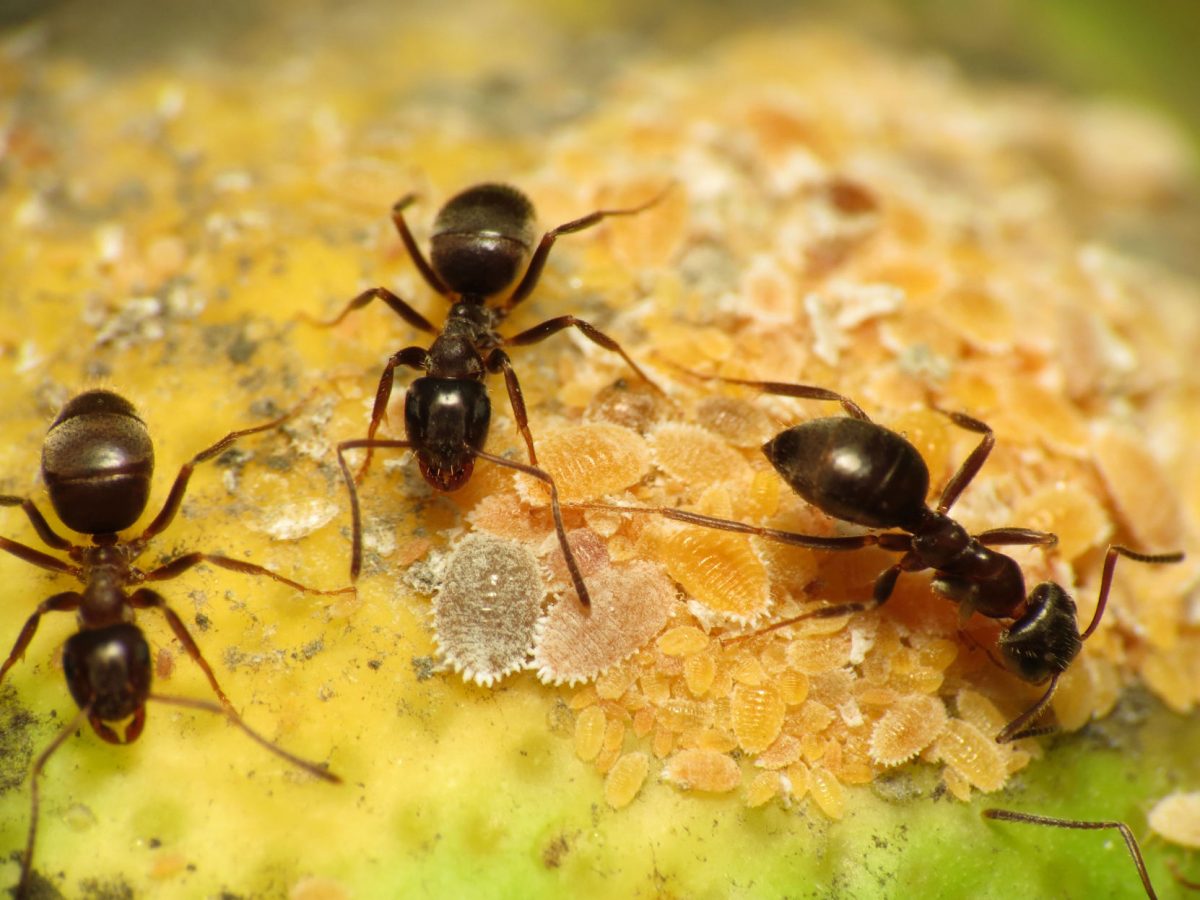Anyone who has had an ant problem has probably wondered how it is that ants go about choosing what they eat. There are many factors that influence collective or colonial food choice in social insect species.
One of these factors has recently been discovered to be elevation respective to the ant’s nest. A recent study published in Nature shows that ants prefer food that is found at a higher elevation than the nest.
Other studies have shown that anything from individual choice to social information sharing have an effect on colonial food choice; however, this study showed that elevation can have an effect on how a colony chooses a food source.
The researchers set up different food choices to test if the elevation had an effect on food choice. Specifically, ants were exposed to food sources that were lower in elevation or higher in elevation relative to their nests.
The results suggested that both species tested (Lasius niger and Myrmica rubra) preferred food at a higher elevation. This was not surprising because traveling “downhill” with food is more efficient than traveling “uphill” with food. Once this was clear, the researchers sought out to test the flexibility of food choice under pressure from this newly discovered food choice factor.
For this test, the team exposed the colonies to food found at a lower elevation than the nest. Once the ants found the lower food and began to travel back to the nest, the researchers introduced food at the preferred elevation (higher than the nest). Even though L. niger isn’t a species known for its flexibility, both species tested stopped gathering food from the low elevation and began to move towards the preferred food.
Since this study was the first to note the role of elevation in food choice, the specific reasons aren’t fully known. Further study is needed to determine how ants detect elevation and how they know to move towards food at a higher elevation.
Nevertheless, this is an important step in understanding social insects. Since an understanding of a species is necessary for pest prevention, this could also lead to new methods to deter ants.
Categories:
Tigra Scientifica: A permanANT solution?
Richard Melton, Contributor
September 25, 2017
0
Donate to The Tiger
Your donation will support the student journalists of Clemson University. Your contribution will allow us to purchase equipment and cover our annual website hosting costs.
More to Discover








